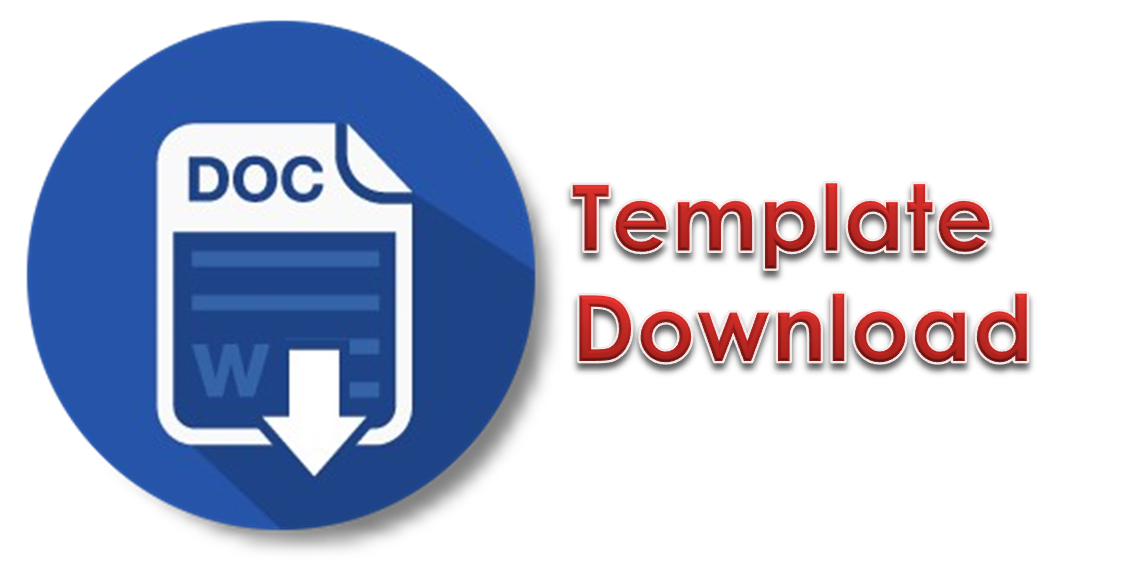KONSEP DAN STRATEGI EFEKTIVITAS KEPEMIMMPINAN PENDIDIKAN MASA DEPAN
DOI:
https://doi.org/10.35897/ps.v2i1.16Abstract
In rapid change era, in which all aspects that affect the development of the organization is very great, educational organizations face with variety of critical challenges. These challenges collectively require organizations to build new capabilities. One of the most crucial component for the success of future education organization is a leader. Educational organizations require leadership figure who is able to think ahead, to anticipate any changes and current development. Therefore the future organizations to be able to must have a clear and focused vision. Its leaders must have prominent competence for the sake of facing environmental changes. They also should have some effective strategies because the future of education requires the figures of the ideal leader who can bring significant changes.
Keywords: educational leadership, strategy, effectiveness
Downloads
References
Bass, Bernard M. 1985. “Leadership: Good, Better, Best.†Organizational Dynamics, Vol. 13.
___________. 1990. “From Transctional to Transformational Leadership: Learning to Share the Visionâ€, Organizational Dynamics, Vol. 18.
Bass, Bernard M. and Avolio, Bruce, J. 1993. “Transformational Leadership and Organizational Culture. PAQ, Spring.
Brill, Peter L. and Worth, Richard. 1997. The Four Levels of Corporate Change, Amacon: New York.
Handy, Charles. 1996. The New Language of Organizing and Its Implications for Leaders, dalam Frances Haesselbein, Marshal Goldsmith.
Hitt, Wiiliam D. 1993. “The Model Leader: A Fully Functioning Personâ€, Leadership & Development Journal, Vol. 14, No. 7.
House, Robert J. 1971. “A Path-Goal Theory of Leader Effectivenessâ€. Administrative Science Quraterly, September.
John, Adair. tt. Cara Menumbuhkan Pemimpin, Jakarta: Gramedia Pustaka Utama.
Kotter, John P. 1996. Leading Change, ttp.: Harvard University Business School.
Nanus, Burt. 1992. Visionary Leader, ttp.: Usahawan.
Robbin, Stephen P. 1996. Organizational Culture and Leadership, New Jersey: Prentice-Hall.
Ruky S. Ahmad. 2002. Sukses sebagai Manajer Profesional Tanpa Gelar MM atau MBA. Gramedia Pustaka Utama.
Seltzer, Joseph and Bass, Bernard M. 1990. “Transformational Leadership: Beyond Initiation and Considerationâ€, Journal of Management, Vol. 16.
Sofiati, Evi. 1995. “Mencari Pola Kepemimpinan yang Efektifâ€, Usahawan.
Sonhadji. 2012. Manusia, Teknologi, dan Pendidikan, Menuju Peradaban Baru. Malang: UM Press.
Spencer, Lyle M and Spencer, Signe M. 1993. Competence at Work: Models for Superior Performance, John Wiley & son, Inc.
Spencer, Lyle M., McClelland, David C., Spencer, Signe M. 1994. Competency Assessment Methods: History and State of the Art, Hay/McBer Research Press.
White, Randall P., Hodgson, Philip. and Crainer, Stuart. 1996. “The Future of Leadership: A White Revolutionâ€, London: Pitman Publishing.




